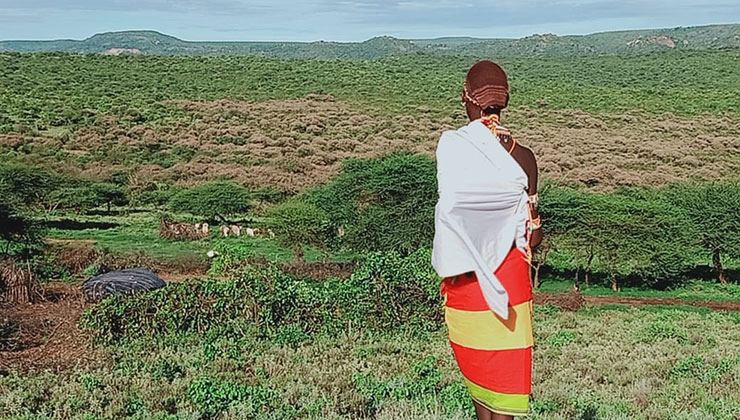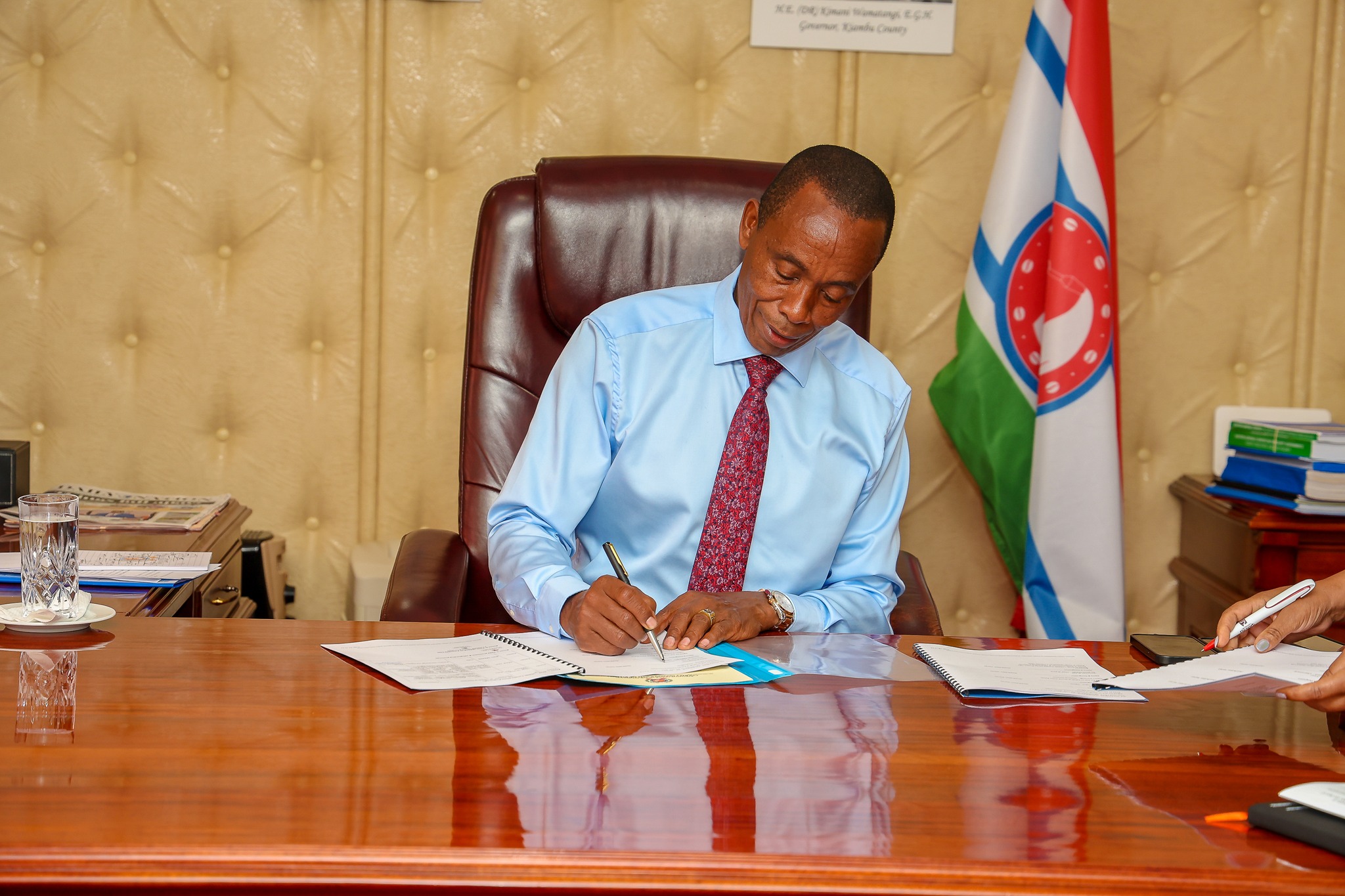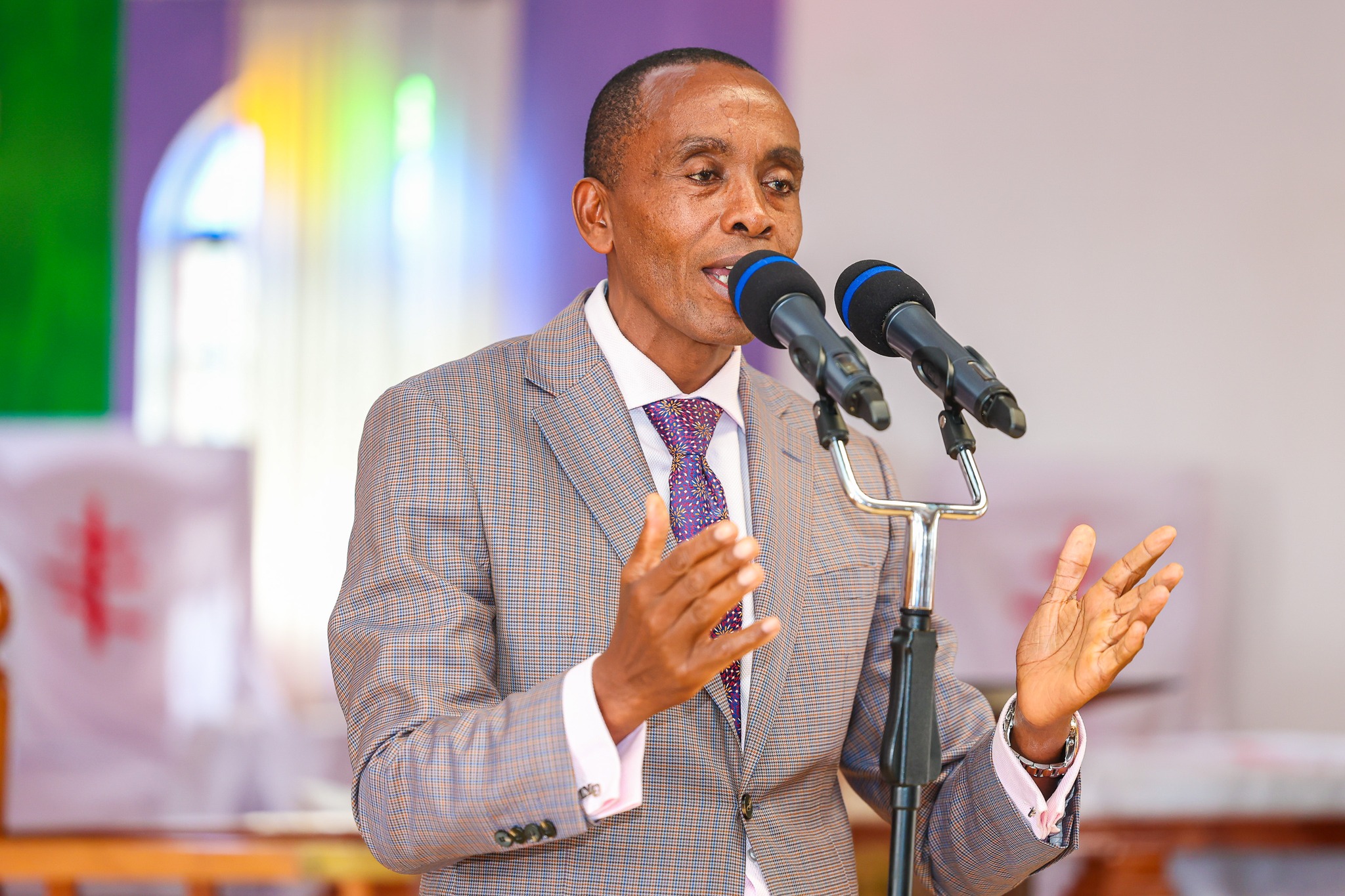Russia gives Kenya Sh300 million to fight desert locusts

The Russian government has announced a contribution of Sh300 million (US$3 million) to the UN Food and Agriculture Organisation, which will be used to support Kenya’s response to the worst desert locust crisis in over 70 years.
This contribution is part of a larger Russian donation of US$10 million to FAO to fund their regional effort to address the catastrophic desert locust invasion in East Africa.
The UN has warned that the devastation at the beginning of the year that occurred in more than 20 counties in Kenya – where more than 70,000 hectares of vegetation was destroyed by the pests – could be multiplied by 20 times by a second wave brought about by the recent rains.
In Kenya, Ethiopia and Somalia, widespread breeding is in progress and new swarms are beginning to form, representing an unprecedented threat to food security and livelihoods.
Coming at the onset of the long rains and planting season, this presents a significant threat to the country’ food security and livelihoods for Kenyans still dealing with the effects of the coronavirus pandemic and the floods.
“Kenya is currently facing a very serious and complex challenge that combines COVID-19 pandemic–related health crisis exacerbated by the disruption of international cooperation and the continuing devastating locust invasion that threatens to undermine the nation’s food security.
This situation requires a comprehensive response. We see Russia’s intervention as an input into the implementation of recent flash appeal by the UN for support in managing the effects of floods, the locust upsurge and COVID-19.
Our support is an expression of Russia’s friendship to the people of Kenya and desire and determination to help Kenyans to overcome the unprecedented challenge” said the Ambassador of the Russian Federation in Kenya H.E Dmitry Maksimychev when announcing the contribution.
Desert locust swarms in Ethiopia, Kenya and Somalia, already unprecedented in their size and destructive potential – could swell exponentially and spill over into more countries in East Africa if efforts to deal with the voracious pest are not massively scaled up across the region.
“The UN in Kenya will continue to lead the coordination of development partner support to provide aggressive large-scale interventions. Farming communities in the country have already been impacted by extended droughts and we need to help them get back on their feet once the locusts and COVID-19 are gone,” said UN Resident Coordinator to Kenya Siddharth Chatterjee.
Desert Locusts can eat massive quantities of vegetation – wild plants, shrubs, trees and grass.
These resources are critical for the health and survival of millions of pastoralist people in Africa, whose animals depend on them for forage. But also, food crops and fruit trees.
The locusts, in effect, steal food from people’s mouths and from the livestock they depend on to survive.
This can badly erode the food security of communities and leave people stripped of household assets like seeds or animals.
“FAO in Kenya is delighted about this contribution from the Government of the Russian Federation to support the Government of Kenya in the fight against the current devastating desert locust invasion. This is a big morale booster for our teams who are working tirelessly in the counties to safeguard food security by controlling locusts.” said Dr Tobias Takavarasha, FAO Representative in Kenya.
Desert locusts are regarded as the world’s most destructive migratory pest.
A swarm of just more than a third of a square mile can eat the same amount of food in one day as 35,000 people.
As part of the UN Development Assistance Framework (UNDAF) for Kenya, reducing exposure to risk and creating resilience to disasters, the United Nations is assisting with forecasts, early warning and alerts on the timing, scale and location of locust invasions.
Principal Secretary in the Ministry of Foreign Affairs Ambassador Macharia Kamau said, “This very generous assistance from the Russian Federation is both timely and indispensable in the pressing fight against desert locusts.
Kenya today faces a dual-threat of desert locusts and the COVID19 pandemic; these two predicaments are a perfect storm and that gravely threatens lives and livelihoods.
This considerable support from our Russian friends shall not only save lives but is also a clear statement of friendship and solidarity that embodies our mutual commitment to expand our relations in all areas.”













